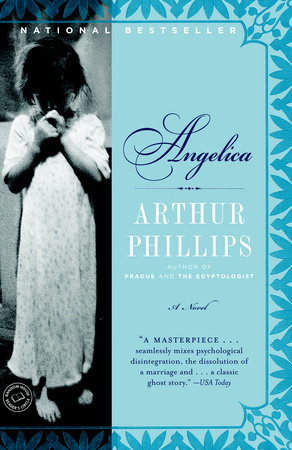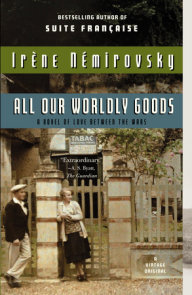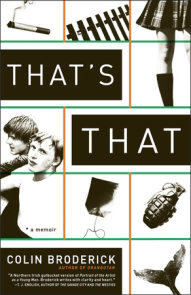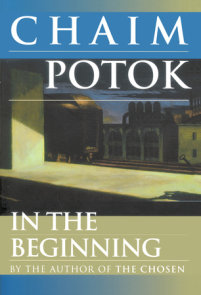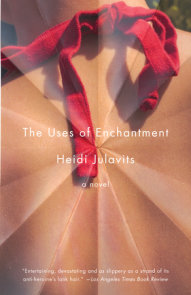READERS GUIDE
Questions and Topics for Discussion
1. Can anyone be justly blamed for the situation at the Barton house?
2. How did your impressions of Constance Barton, Anne Montague, Joseph Barton, and Angelica Barton change with each of the four parts?
3. Were there really ghosts at the Barton house? Do you think Arthur Phillips believes in the supernatural, or is he a man of science? Or does it matter?
4. What is Constance really fighting, if not a blue flying man? What does the specter represent? Why is it important that it be male? Would you say Constance is insane? Why or why not? Which is more frightening: the supernatural or the real horrors in Constance’s home and mind? What’s the difference?
5. Do you think Dr. Miles’s insights about the Bartons’ situation are reasonable? How do they compare to Anne Montague’s?
6. Does Anne Montague help or hinder Constance? Why is Constance special to Anne, although Anne has treated many similar cases?
7. How are the roles of motherhood and fatherhood discussed in the novel? Consider Constance as a girl, a mother, and a motherless mother. Consider Joseph’s relationship with his mother and father, and his sense of himself as a father. How can Anne, who has never had children of her own, be a mother to both Constance and Angelica?
8. How is childhood portrayed in this novel? Who is protecting whom? Who needs protection most?
9. Do you think Angelica is innocent, all things considered?
10. What is the difference between Joseph’s feelings of failure and Constance’s? How do their respective realizations of failure affect them? Did you feel more sympathetic to one or the other of these characters?
11. Who uses sex as a weapon in Angelica, literally or figuratively? Who is dominated or manipulated by it? Is sex particularly dangerous in the Victorian context? If so, how?
12. Mature narrator Angelica writes from Constance’s point of view: “for that was precisely the issue in this house: the flesh reality of intellectual conversation” (p. 137). What does this mean? How does Joseph’s interpretation of the “issue” differ?
13. Do the issues presented in this Victorian ghost story apply to contemporary readers? Do they resonate with your own life?
14. Do you think Constance’s reaction to Joseph’s work testing on animals is reasonable or hysterical? Is Joseph a sadist or a scientist? Can he be both? Do you think men are intrinsically more scientifically minded, and women intuitively minded? Does the author think so?
15. Do you agree with Anne’s statement, “No woman has ever launched a war, and no woman ever could” (p. 166)? Do you agree when she proposes, “Anywhere that women live free of men, they live with legs” (p. 186)? Do you think this is a feminist novel?
16. Why did Phillips make Joseph an ex-military man? What about Joseph’s foreigner status? How do these aspects of the character affect our opinions of him and the opinions of the characters in the novel?
17. In Angelica, some characters are or were actors, they speak in the dialogue of classic plays, and they go to the theater together. Why does Phillips use theater metaphors throughout the novel?
18. What do you think Phillips is saying about perception, reality, illusions, and dreams with Angelica?







